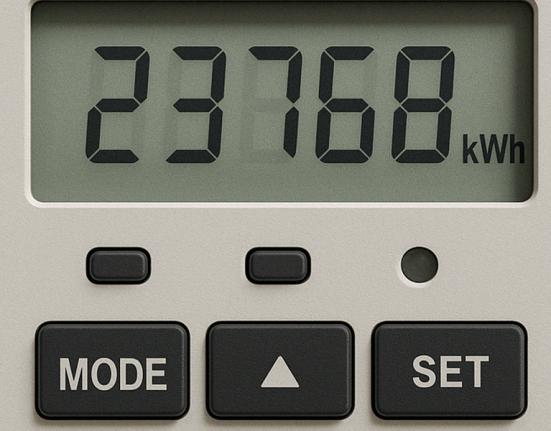
By Dave Pettifer – ex Royal Marines Commando and telecoms specialist
I am always surprised by how little people know about crypto currencies, especially given the increasingly prominent role they are likely to play in global banking systems. While I’m no expert, you don’t have to know the inner workings of individual washing machine components to be able to use a washing machine effectively.
Bitcoin
I’ve monitored Bitcoin since it came on my radar around 2010. Since then I have looked into this ground-breaking technology and the political furore that has followed it, most notably in the US. There are tens of thousands of crypto “coins” now available for the modern investor to speculate on. But for simplicity’s sake here, I’ll stick to Bitcoin as most of us have at least heard of it.
Payment system outside of banks and governments
As a peer-to-peer way of transacting, BTC payments can be made by individual participants in trade – for example, the sale of property or services – and is recorded perfectly and immutably on the Blockchain (a digital ledger verified by multiple users).
As there is no third party involvement from a bank or other financial service, the technology is categorised as “decentralised.” Good for the individual. Bad for the banks and the government. This kind of transaction generates neither a charge for the bank, or a taxable event for the government as it takes place outside of the established “fiat” currency system (a monetary system where a nation’s currency’s value is determined by government decree or fiat).

Banks can’t hold back the tide much longer
So what does this mean for us? Currently, BTC and a plethora of other crypto currencies are being used to make payments worth billions of dollars daily worldwide.
The banks have cottoned on this and many commercial banks will now put a block on customers moving their fiat currency to crypto exchanges, but they cannot hold back the tide for too much longer.
US poised to bring crypto into the mainstream
The US is close to finalising legislation for using crypto that will no doubt lead to banks and government being included in the process so they receive their piece of the pie.
Look into crypto: don’t be left behind
Europe, the UK and other financial leading economies are already on the starting blocks, so 2025 could be the year that crypto replaces the traditional fiat system. And if I were to give my two cents, I’d recommend learning about this, as I have, so the digital financial system doesn’t leave you behind.
• DISCLAIMER: This is one columnist’s opinion and should in no way be seen as investment advice.







